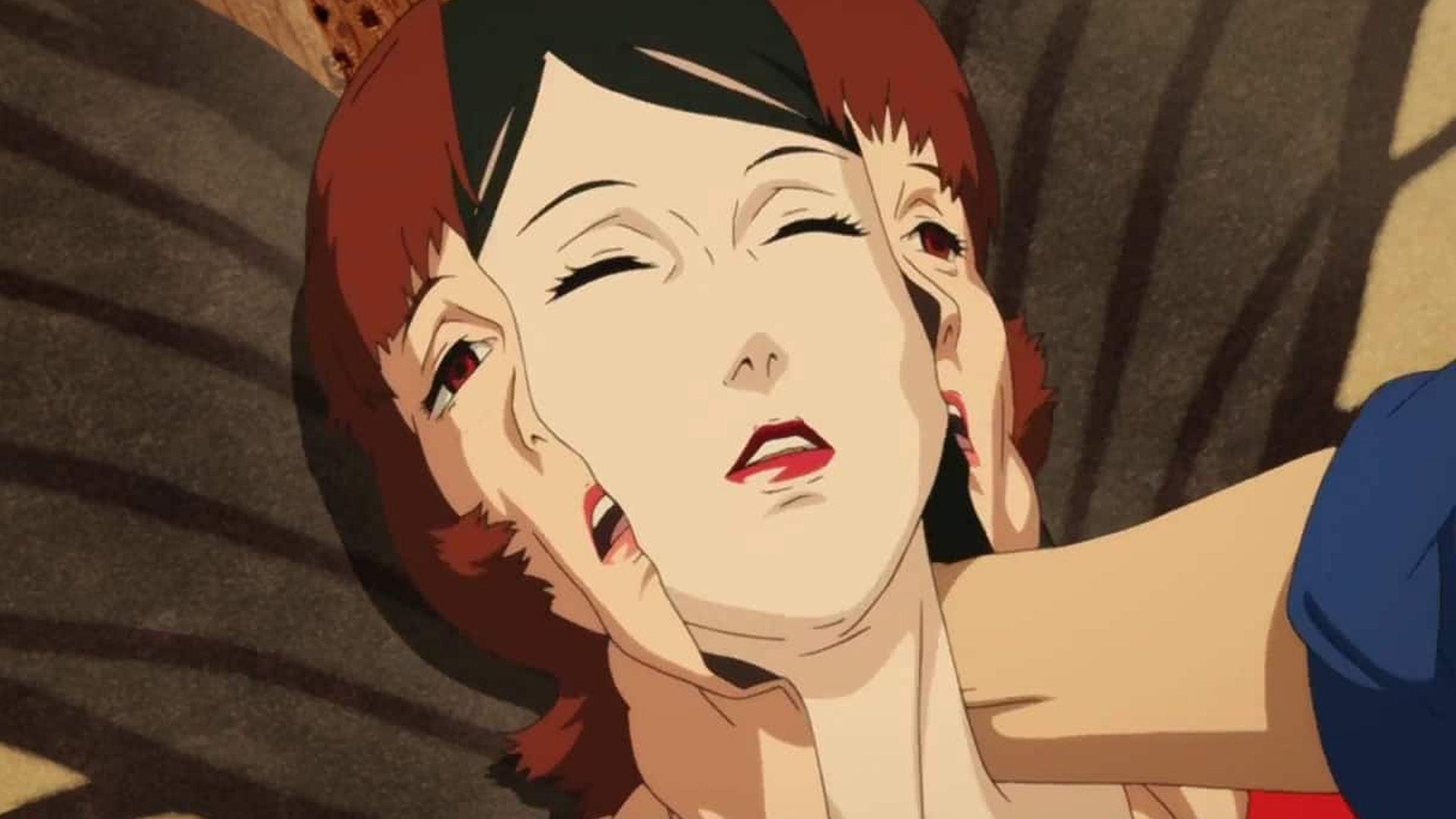Review: Paprika (2006)
Paprika (2006) is a surreal, psychological odyssey jam-packed into 90 minutes of technicolour. It’s a known secret that I am a science fiction junkie, and Paprika fulfilled exactly what I had been craving after weeks of alternating between austere, classic screenings in CIN301 and stoner comedies with my friends. But when I’m alone and get to choose a DVD just for myself, it’s films like Paprika that I gravitate to.
The plot follows Dr. Atsuko Chiba, a psychiatrist working on the development of the “DC Mini”, a device that infiltrates the brain and allows people to watch others’ dreams. Though a serious scientist, she takes a highly unorthodox method with her patients and secretly treats them outside of the facility; entering their dreams as her alter-ego, Paprika. The DC Mini is a highly volatile device, so havoc is quickly wreaked when its capabilities fall into the wrong hands, and the line between dreams and reality begins to merge.
I love the motif of false awakenings in this film. Christopher Nolan’s Inception was actually inspired by Paprika and the parallels between the two are quite apparent through this motif. The cyclical, fantastical nature of this world is really compelling to me because it entirely rejects standard conceptions of time and possibility. The viewer is ordered, in some ways, to surrender their sanity and go along for the ride. When Dr. Chiba is present, we see the material world as it is. Her colleague, Dr. Shima, unknowingly wears a hacked DC Mini and goes on a suicidal tirade. This is what is “really” happening. But it is in scenes where Dr. Chiba becomes Paprika where we no longer see events as they “are” but as they are seen in the mind– in the world of dreams. This dichotomy of reality and unreality is extremely complex, and often contradictory, which I applaud as a lifelike depiction of the human mind. As much fun as I had during my viewing experience, I felt that Paprika’s plot needed more time than 90 minutes to develop. It seemed a bit rushed for something of its scope. In my opinion, Paprika would have benefitted from some extra time to resolve loose ends, especially Dr. Chiba and Tokita’s romance which seemingly came out of nowhere at the very end.
Nevertheless, the plot is strong despite its constraints and it lends well to the gorgeous animation that represents it. Paprika is visually stunning and I expected no less from director Satoshi Kon. This is some of the best of what surrealist anime can be. The aesthetic is hypnotic and rich and seldom stagnant (it caused a bit of eyestrain for me, but I coped for the sake of art). There’s a striking dichotomy of colour use between Dr. Chiba’s coldness and Paprika’s warmth. I think that these visual style of Paprika is a lovely deviation from the popular conception of what a science fiction film looks like. It doesn’t centre on space cowboys and mad scientists, rather these are… quite normal scientists. And the outlandishness is sourced internally from the capabilities of our own minds rather than externally from monsters and aliens.
I thoroughly enjoyed Paprika and the mental whiplash it gave me. It scratched the itch I’d had for intense, thoughtful animation, and it was extremely worth my trek out to Bay Street Video. I appreciated its playfulness and its commitment to never letting you predict its next move. The DC Mini may not really exist, but what is clear from the film is this: sometimes our dreams are stranger than fiction.
